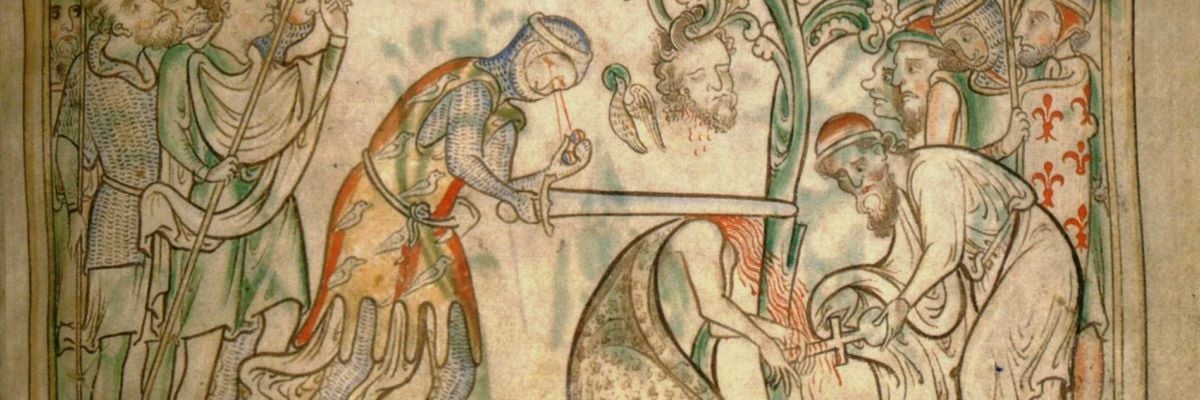
Question:
Answer:
In citing Thomas a Kempis’ Imitation of Christ, you quote the last words of chapter 25 of Book 1: “The more violence you do to yourself, the more progress you will make.:
Context is important. In chapter 22 of Book 1, Thomas says:
When you are troubled and afflicted, that is the time to gain merit. You must pass through water and fire before coming to rest. Unless you do violence to yourself you will not overcome vice.
Here Thomas speaks of waging war on our passions and replacing related vice with virtue. So doing violence in this case means repenting of our sins and growing in holiness, which can be a painful but positive process whereby we “do violence on ourselves” through various spiritual disciplines. As St. Paul was told in another but related context, God’s power reaches perfection in our weakness (2 Cor. 12:8-10).
Similarly in chapter 24 of Book 1 Thomas writes,
The patient man goes through a great and salutary purgatory when he grieves more over the malice of one who harms him than for his own injury; when he prays readily for his enemies and forgives offenses from his heart; when he does not hesitate to ask pardon of others; when he is more easily moved to pity than to anger; when he does frequent violence to himself and tries to bring the body into complete subjection to the spirit (emphasis added).



